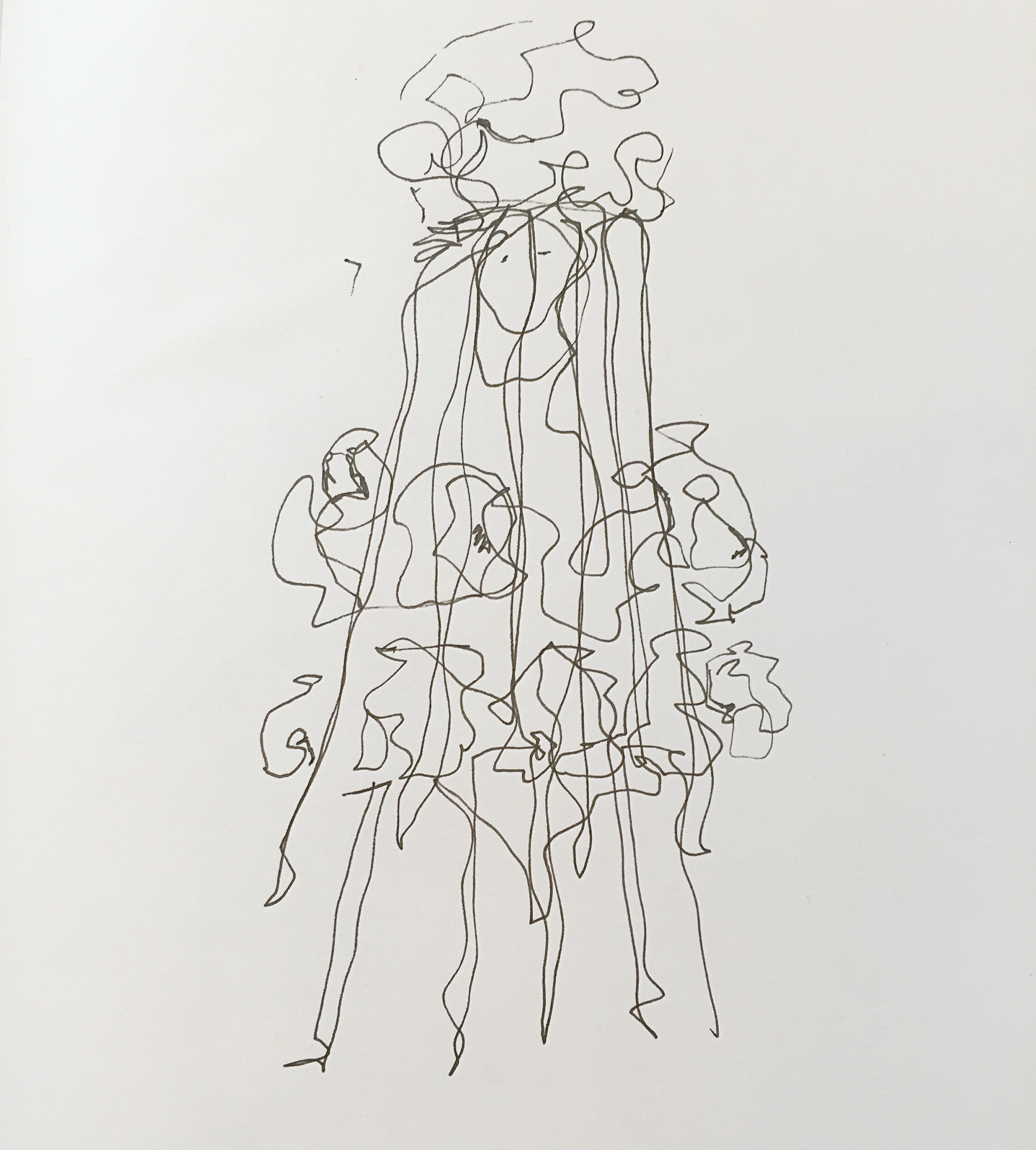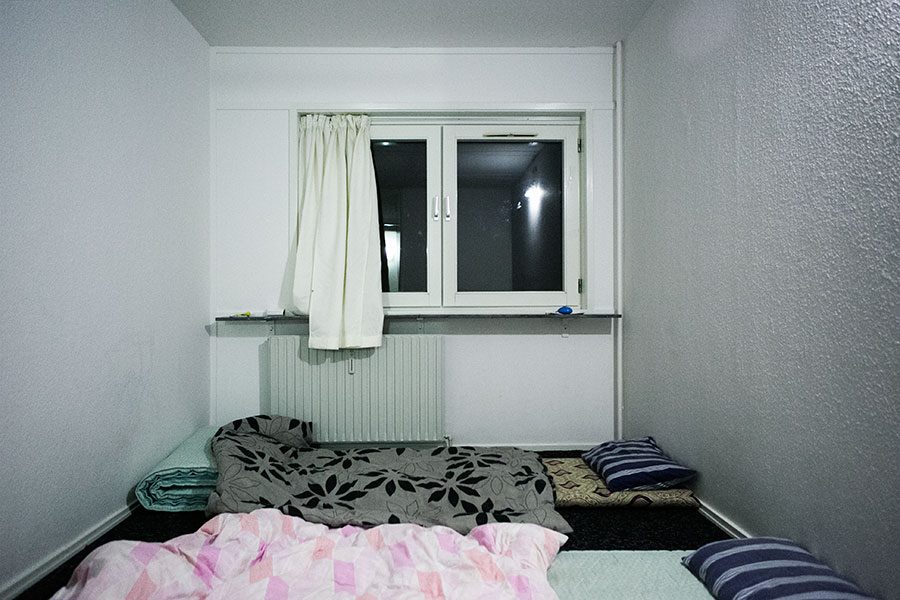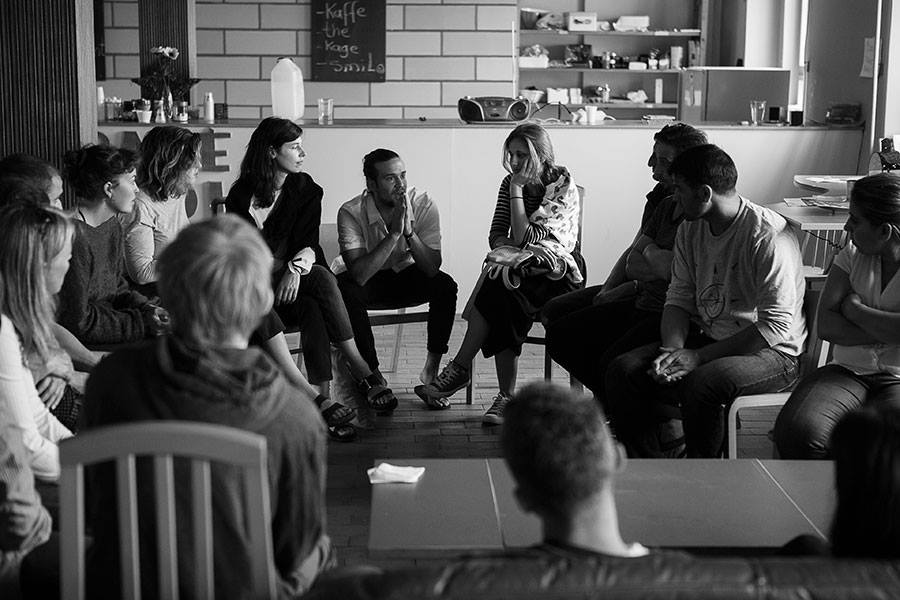Social Art, Performance art & Architecture
Fredericia, Denmark, 2017. In collaboration with Fredericia Venligboerne, a movement that values present actions regardless of gender, ethnicity, religion, age, or politics.
Summer Workshop
hospitality / finding the framework
Tutor/Research:
Paul Van Blaster (pseudonym)
Participants:
HELENA (Austria) Helena Eichlinger
VELI (Bulgaria) Velislava Petrova
PAULINE (Sweden) Pauline Algerod
POLINA (Ukraine) Polina Moroz
ALEX (Germany) Alexander Mehren
SONYA (Ukraine) Sonya Rokmanik
MASHA (Ukraine) Maria Pastukh
VASIL (Bulgaria) Vasil Trifonov
JOAKIM (Sweden) Joakim Kling
ELINA (Hungary) Elina Torma
Fredericia, Denmark, 2017. In collaboration with Fredericia Venligboerne, a movement that values present actions regardless of gender, ethnicity, religion, age, or politics.
Summer Workshop
hospitality / finding the framework
Tutor/Research:
Paul Van Blaster (pseudonym)
Participants:
HELENA (Austria) Helena Eichlinger
VELI (Bulgaria) Velislava Petrova
PAULINE (Sweden) Pauline Algerod
POLINA (Ukraine) Polina Moroz
ALEX (Germany) Alexander Mehren
SONYA (Ukraine) Sonya Rokmanik
MASHA (Ukraine) Maria Pastukh
VASIL (Bulgaria) Vasil Trifonov
JOAKIM (Sweden) Joakim Kling
ELINA (Hungary) Elina Torma

How can experiments in coexistence with a context and its citizens contribute to dismantling the binary myth of the
foreign versus the local? How, by insisting on the less comfortable and sensing the unfamiliar, can we expand the
possibilities for engaging with diversity? Foreigner Bodies is a workshop in Fredericia, Denmark (2017), where
participants produced artistic and architectural experiments while engaging in a series of overnight stays at the
homes of local citizens in the village.






Photo credits:
Alexandra Kononchenko
Paulvanblaster


